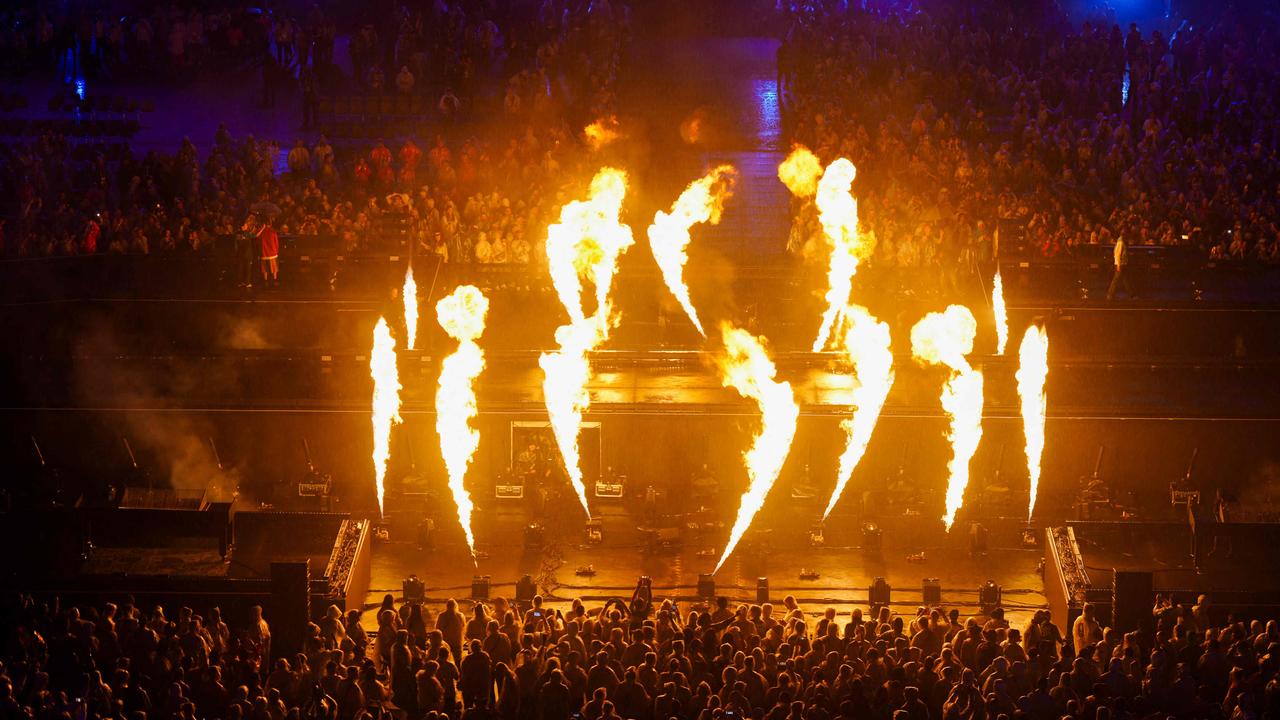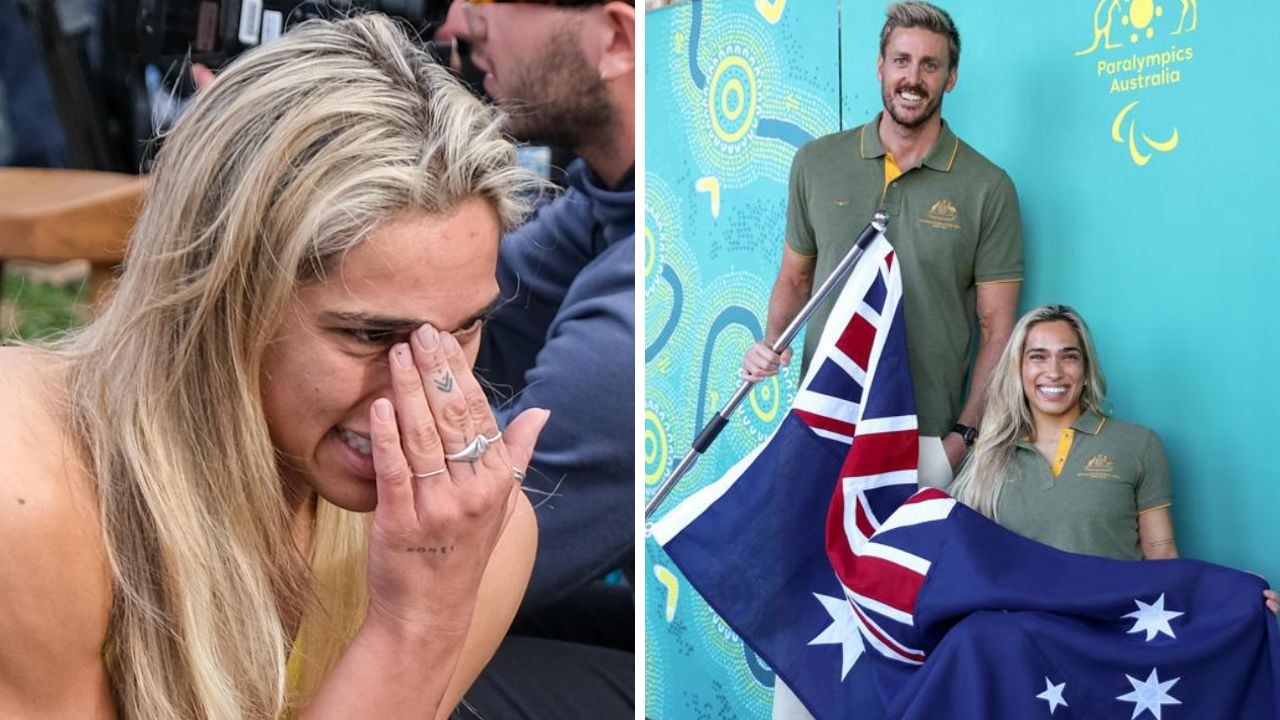Tokyo Olympics 2020: Australian medal chances harmed by sports science drain, AIS decline
Some of Australia’s smartest sporting brains are now helping the Dallas Cowboys, Philadelphia 76ers and Arsenal, leading many to ask: what the hell happened to the Australian Institute of Sport?
Australia’s great sporting rival, Britain, has tapped the brains of a generation of Australian sports scientists and coaches to prop up its explosion back on to the global sporting scene.
And an investigation by The Australian into the demise of the AIS has shown that other countries such as the US, Denmark and Canada, have also actively sought out AIS knowledge.
At international sports performance conferences the question is always the same: “What the hell happened at the Australian Institute of Sport?”
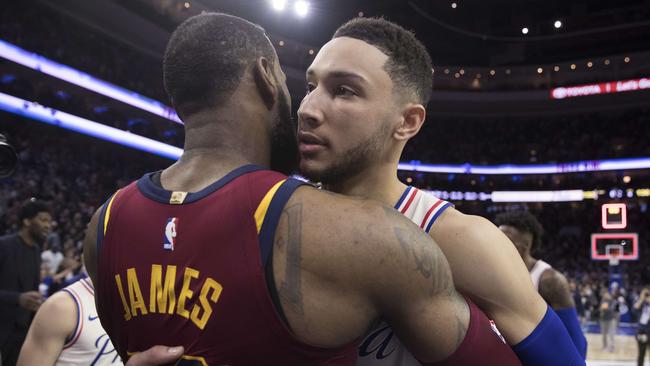
Former AIS sports scientists are often quizzed about the dismantling of a program that was once known as the best collection of sports performance minds in the world.
Tellingly, some former AIS scientists have gone on to work for clubs such as Arsenal, the Philadelphia 76ers and the British Olympic team.
Over the past decade an AIS restructure has done away with what was a hub of innovation and jeopardised the high-performance of Australian athletes on the world stage.
Under chief executive Peter Conde’s direction at the AIS, all the individual sports science departments have been blown up to make one much smaller entity.
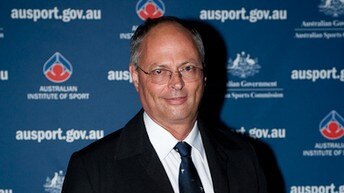
Most of the AIS’s top scientists have moved on to not only stellar careers in other Australian sports and universities, but some have been headhunted to work with superstar athletes such as Ben Simmons and LeBron James. They have worked for rival Olympic teams as well as the US National Football League and National Basketball Association teams like the 76ers.
Former AIS physiologist Dr Shona Halson, who was director of the Australian Olympic Committee’s Recovery Centre for the 2008, 2012 and 2016 Olympic Games, now consults regularly to leading brands including Nike and the Australian Open. She has worked recently with the US women’s soccer team, English Premier League team Arsenal and NFL side the Dallas Cowboys.
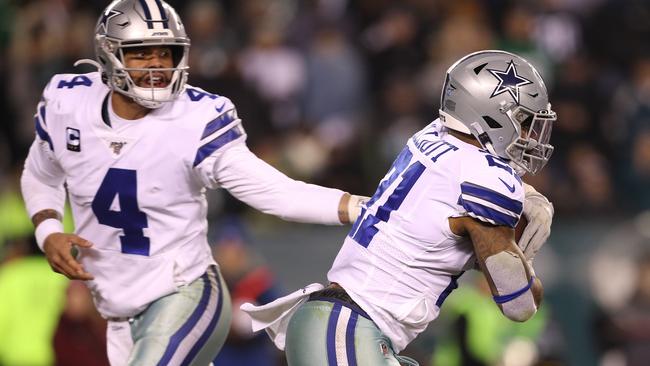
Dr David Martin, another AIS alumni, has just finished a four-year stint with the Philadelphia 76ers as director of sport performance and research. Dr Damian Farrow, a skill acquisition specialist, was also lost in the AIS sports science cull and biochemist Marc Portus, who leads the world in cricket biomechanics, now consults regularly for international cricket teams.
Professor David Pyne, who was at the AIS from 1997 to 2016, with a specialty in exercise immunology, has also moved on. He had extensive experience with basketball, rugby union, rugby league, Australian football, cricket and swimming at the AIS and national levels. Pyne attended four Olympic Games and numerous international competitions with the Australian swimming team.
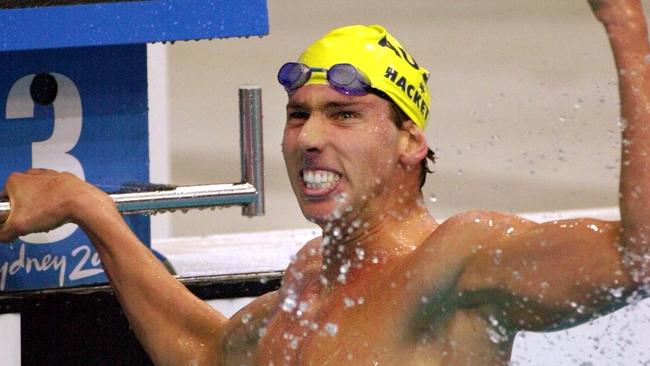
Dr Allan Hahn, was the “father’’ of the sports science PhD program and oversaw the critical mass of scientists with extensive experience on the AIS Canberra campus that allowed it to prosper.
“It used to be the biggest collective of sports scientists in the world and a place where sports science talent emerged,” said one former AIS sports scientist.
“Pretty much 50 to 60 per cent of emerging science talent came through the AIS. Where’s the next generation of sports scientists going to come from now?
“We will pay for this, and are already paying for this, in our high-performance results at places like the Olympics and the Commonwealth Games.”
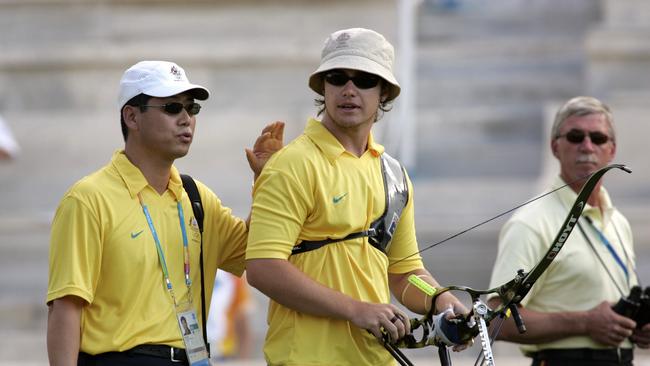
Coaches now operate in a silo situation, and have lost the campus’s collegiate atmosphere, where they could bounce ideas and observe how other sports coaches dealt with issues.
The AIS used to attract the world’s best coaches, including archery coach Ki Sik Lee from Korea, race walking coach Ron Weigel, who kickstarted a medal bonanza in that discipline, cycling coach Heiko Salzwedel, whose coaching changes helped develop Robbie McEwan and Cadel Evans, and Chinese gymnastics coach Ju Ping Tian, who guided our women to No 3 in the world in 2003.
Russian coach Gennadi Touretski even brought with him star swimmer Alex Popov, who inspired swimmers such as Michael Klim.
Many of them wanted to stay in the Australian system but with funding cuts to the AIS programs in the mid-2000s, they were lured back overseas.
Some sports, which have to employ the coaches as the AIS now engages none, cannot afford to hire any coaches.
“The current AIS execs think their programs are world class, when what they had was world class, and they killed it. They have no idea,” said one national sports official.

